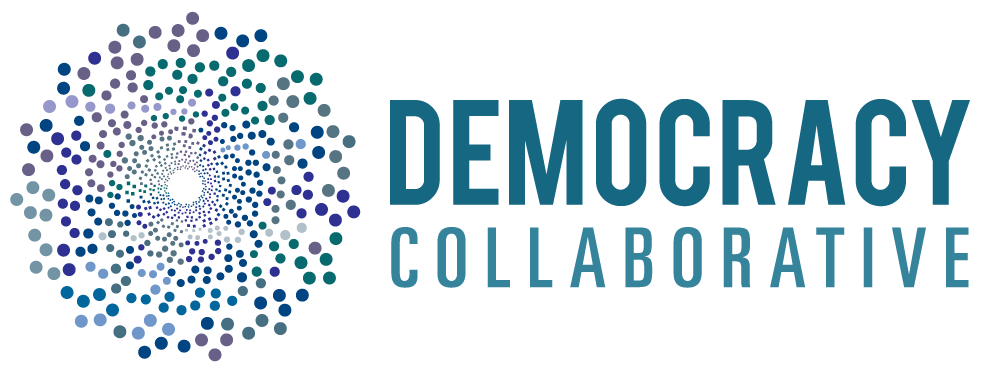Limited Equity Housing Cooperative
by Jarrid Green
A limited equity housing cooperative is a residential development owned and managed by a democratically governed, nonprofit cooperative corporation, such as a tenants’ union.
This tenants’ union (or similar organization) is composed of members of the LEHC, which usually owns the property through a blanket mortgage covering all of the units. As indicated in the name, an LEHC limits the amount of equity a member can earn upon resale of their unit (and membership share) in order to preserve the cooperative’s affordability for future generations.
Inspired by counterparts in Europe and Asia, LEHCs emerged in the United States in the mid-20th century as the federal government began to divest its stake in wartime and rental housing, transitioning these properties into condominiums and cooperatives for low- and moderate-income households. Today there are an estimated 155,000 LEHCs located in major cities around the nation, including Baltimore, Atlanta, Washington, and Los Angeles.
Potential Impact
LEHCs have proven their ability to support long-term residential stability for nearly a half-century in the United States. In New York City, where an overwhelming share of LEHCs exists, they have been an essential element of the city’s affordable housing economy. That would be true in many more cities if LEHCs can overcome the promotion of individual homeownership as the American mainstream ideal. Like other forms of community-controlled housing, the ultimate impact of LEHCs is defined by the effort that stakeholders—including local policymakers, financial institutions, and housing advocates—put into using the LEHC model to create inclusive communities accessible to people of all means.
Transformative Characteristics
At its core, the LEHC model creates ownership opportunities for people working their way up the socioeconomic ladder, offering individuals and families affordability and long-term stability. The LEHC model also rewards residents for their commitment and effort to own and steward a vital community resource. At the same time, recognizing that a community’s need for affordable housing is not transitory, an LEHC may establish either on its own or through local regulation a maximum resale value that prospective residents must agree to before becoming a member. Further, members may be subject to certain income limits at the time of purchase. These and other stipulations may be set by an elected LEHC board that is tasked with general management of the cooperative on behalf of its residents.
Examples
COOPER SQUARE MUTUAL HOUSING ASSOCIATION (NEW YORK, NEW YORK)
22 cooperatively-owned multifamily, mixed-use buildings; 328 affordable housing units; 24 storefronts; 290 shareholders.
The association was created in 1991 following decades of local organizing and community planning by the Cooper Square Committee, an anti-displacement advocacy coalition birthed in response to late-1950s urban renewal policies. It also established the Cooper Square Housing Development Fund Company in 1994 to ensure that all of the cooperative buildings held by the mutual housing association in a community land trust would remain permanently affordable and never sold for profit.
COLUMBUS UNITED COOPERATIVE (SAN FRANCISCO, CALIFORNIA)
21-apartment, mixed-use residential building; 35 co-op members.
The cooperative in the city’s historic Chinatown was created in 2007 when the San Francisco Community Land Trust (SFCLT) agreed to purchase the building, which had been slated for demolition, and convert it into an LEHC. The renovated building now hosts local community development and organizing nonprofits, including the Chinatown Community Development Center and the Asian Law Caucus.
Challenges
As in any democratic governance system, LEHC members may at times have competing interests regarding its short- and long-term goals. These may strain member relations and cooperative management if other LEHC management support systems are not readily accessible. The general public’s lack of familiarity with LEHCs can stymie their access to the public housing subsidies and private financing vital to their development. However, as cities more aggressively address the affordable housing crisis, some policymakers have leveraged affordable housing trust funds, municipal bonds, bank settlements, and other long-term sources of funding to support LEHC development and growth.
More Resources
The National Cooperative Bank (NCB) aims to address the financial needs of cooperatively owned organizations. In addition to offering members of cooperative associations personal and commercial lending products, NCB also provides educational and technical support services for those interested in cooperative housing.

